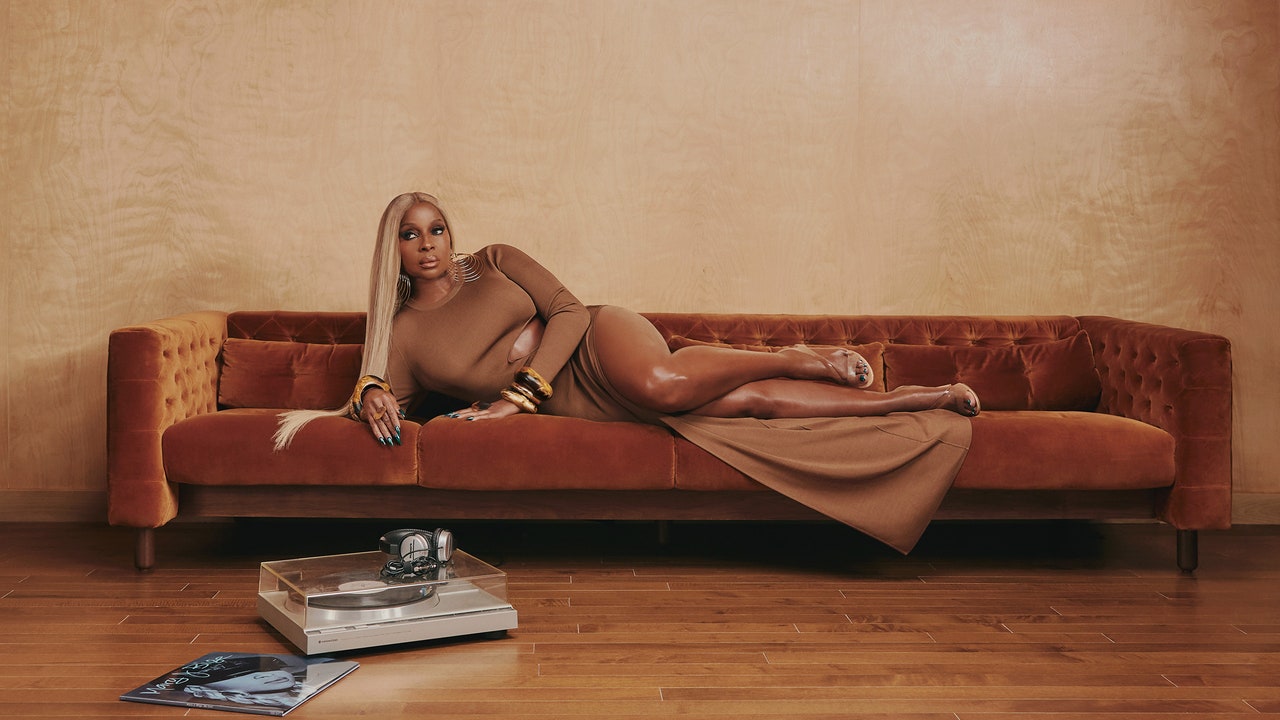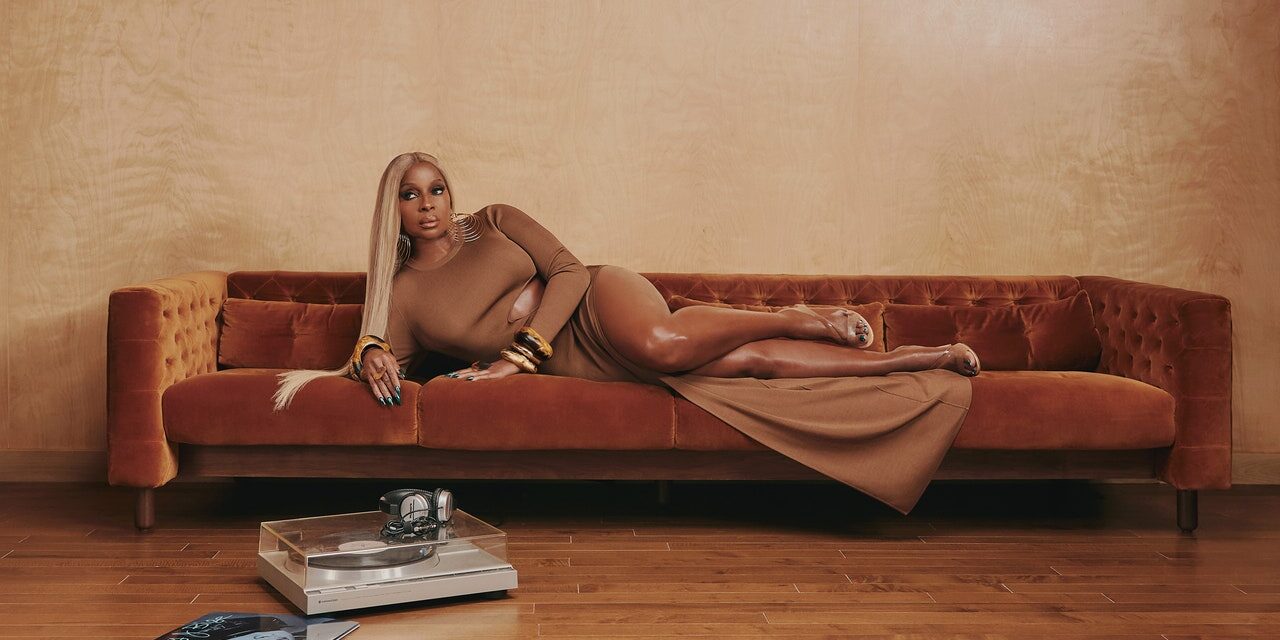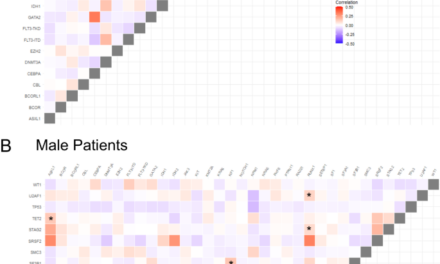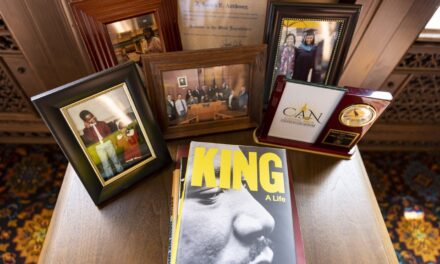
In spite and because of it all, the glamour and the stardom, that time was also destabilizing for Blige. In Mary J. Blige: My Life, she says that “things had happened so fast that I didn’t even know that they had happened,” which ironically functions as both a description of her rise to hip-hop and R&B fame from Schlobohm and of how intimate partner violence victims remember the onset of abuse. “I’m afraid of it…I’m fucking scared to death of it,” she says in the documentary of the whirlwind of that moment. “I’m scared to death of myself.”
The My Life album remains the starkest reminder of the distinction between past and present. It is fitting that, nearly 30 years after its release, that album—one that Blige has said was recorded at a time when she was in an abusive relationship and coping with past trauma—is the thematic ground to which she has returned to begin again with a new set of stories.
How did she arrive here? When I ask her about the women who were her mirrors along the way, Blige talks first about Maya Angelou.
“She always spoke about a phenomenal woman,” Blige says, and my mind flashes to the times I’ve read, recited, or witnessed Angelou’s 1978 poem “Phenomenal Woman” performed. “I had never in my life even been able to look at myself as a great woman, but now I look at myself as a phenomenal woman, and I believe that it’s because of things that Maya Angelou did for us, and how she spoke about women.”
Her mother, Cora, whose beauty and singing echoed through their home, even in difficult times, set a kind of example too. “She was single and hurting and everything, but she never let herself go,” Blige says. “I never saw my mother looking bad. She took care of her skin day and night, she took care of her body, she took care of her mind, and she never let us see her in no kind of pain, you know? We never saw that. We always saw her keep herself beautiful.”
Blige learned from her foremothers, but she tweaked their lessons. It was once broadly taboo for mothers—and especially Black mothers—to allow their children to see them as vulnerable. Strength was defined as what a woman could bear, what she could skillfully hide or not allow to show. Which is what makes the gift of Blige, as mother of an entire genre of music, so improbable and necessary. She birthed a tradition of holding nothing back.






